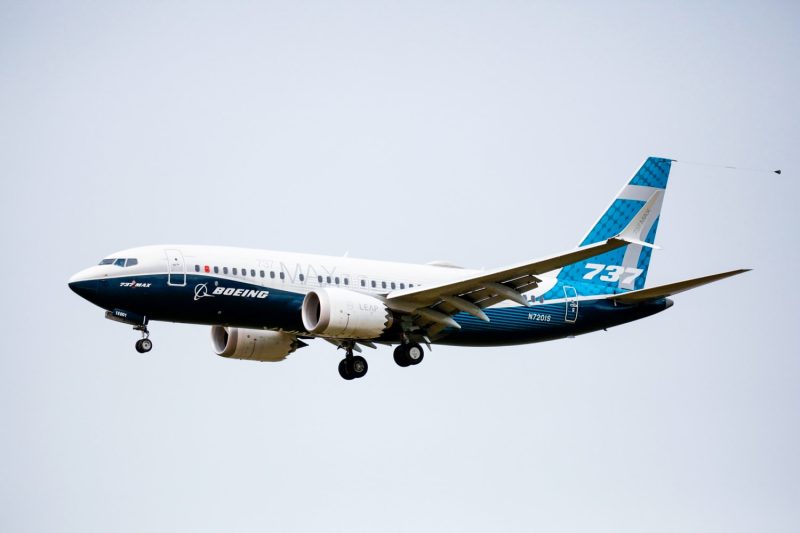In a recent and significant turn of events, the courts have rejected a plea deal proposed by Boeing concerning the 737 Max crashes that took the lives of hundreds of individuals. This decision marks a crucial development in the ongoing legal battle and accountability process following the tragic incidents.
The plea deal put forth by Boeing aimed to settle criminal charges linked to the two fatal crashes involving its 737 Max planes. The crashes, which occurred in Indonesia and Ethiopia, resulted in the loss of 346 lives and raised serious concerns about the safety and oversight practices within the aviation industry.
Despite Boeing’s efforts to reach a settlement through the proposed plea deal, the court’s rejection indicates a pivotal shift in the approach towards holding accountable those responsible for the lapses that led to the tragic accidents. By declining the deal, the court has signaled a commitment to ensuring that justice is served and that the victims and their families receive the closure and accountability they deserve.
The court’s decision to reject the plea deal sends a strong message not only to Boeing but also to the aviation industry as a whole. It underscores the importance of upholding safety standards, transparency, and accountability in all aspects of aircraft design, manufacturing, and regulation. By holding corporations accountable for their actions and decisions, the court sets a precedent that negligence and oversight failures will not be tolerated when they compromise the safety and well-being of passengers and crew.
While the rejection of the plea deal may prolong the legal proceedings and potentially result in a more complex and protracted trial, it also serves to ensure that all relevant facts and details surrounding the crashes are thoroughly examined and addressed. This commitment to a comprehensive and transparent legal process is essential not only for achieving justice in this specific case but also for safeguarding the integrity and safety of the aviation industry in the future.
In conclusion, the court’s rejection of Boeing’s plea deal tied to the 737 Max crashes represents a critical step towards accountability, transparency, and justice for the victims and their families. By opting to pursue a more rigorous and thorough legal process, the court upholds the principles of safety and responsibility that are paramount in the aviation industry. This decision sets a precedent for holding corporations accountable for their actions and underscores the importance of prioritizing safety and compliance in all aspects of aviation operations.


























